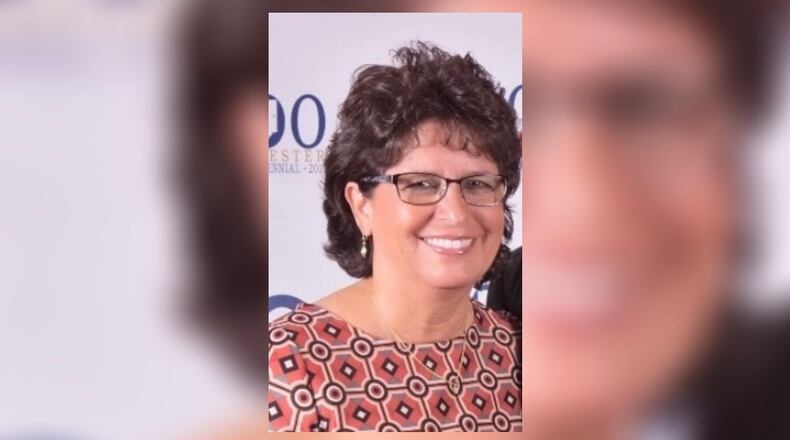Comer and Kelley Gensheimer, a senior travel adviser based outside of Xenia and owner of VIP Adventures Travel and Love Will Travel, shared tips and advice for older tourists to feel secure as they explore.
Pick the right destination.
Choose a vacation that is relaxing and enjoyable – not stressful because of the types of activities that are scheduled, Gensheimer said. Planning ahead can help you make good choices, Comer added.
“Know what your limits are,” Comer said. “Maybe it might be different this year than it was last year, and plan accordingly.”
Bring medications and a first-aid kit.
Remember not only to bring your medications, but also keep a list of them and what they are for with you in case of an emergency, Gensheimer said.
Packing a small first aid kit also may come in handy. Preferred brands may not be available at your destination, or ingredients and directions could be in a foreign language.
Purchase travel insurance.
But all travel insurance isn’t created equal.
Investigate cancellation policies, reimbursements and medical and dental coverage, Comer said. Also check if it covers pre-existing conditions.
Choose the right hotel.
If you have special requirements, make sure your hotel can accommodate them, Gensheimer said. Do they have accessible bathrooms? Braille? An elevator?
At the hotel, tell the front desk when you need housekeeping instead of placing a hanger on your door handle.
“To me, that’s just an indicator that I’m not in the room and the room is empty,” Comer said.
Consider your mode of travel.
Flying? Get up and stretch your legs to prevent your feet and ankles from swelling, Gensheimer said. Consider bringing compression socks. Comer also noted that medical devices aren’t considered carry-on items, and prescribed liquids also are allowed, even in amounts greater than 3 ounces.
Driving? Check your vehicle’s fluids, battery and tire tread before you go, and don’t let your gas fall much below a half tank, Comer said. Don’t depend exclusively on GPS, and keep your luggage out of view.
Keep your home safe while you are gone.
Don’t advertise that you are away. Save the social media posts for your return, Comer said. Ask someone to collect your mail, and set up self-timers for your lights at home, Gensheimer added.
“I know it’s an old-school thing, but they still work,” she said.
Carry a mixed wallet.
Carry less cash, and use more credit, Comer said.
She recommends a mixed wallet that includes some cash – including currency for international destinations – a credit card and a second card from another bank.
Make copies.
Carry multiple copies of your itinerary with you, including at least one that isn’t in your checked bag, Gensheimer said. Also consider carrying a digital copy and leaving one with loved ones at home.
Copies of credit cards, driver’s licenses and passports also can expedite the process if you lose a needed document before you travel back home, she said.
Be aware.
“Pick-pocketers are among us,” Comer said. She recommends watching your surroundings, particularly at busy locations and intersections.
Gensheimer recommends leaving expensive jewelry and purses at home.
“There are people out there looking for older individuals who will be an easier target,” she said.
About the Author


